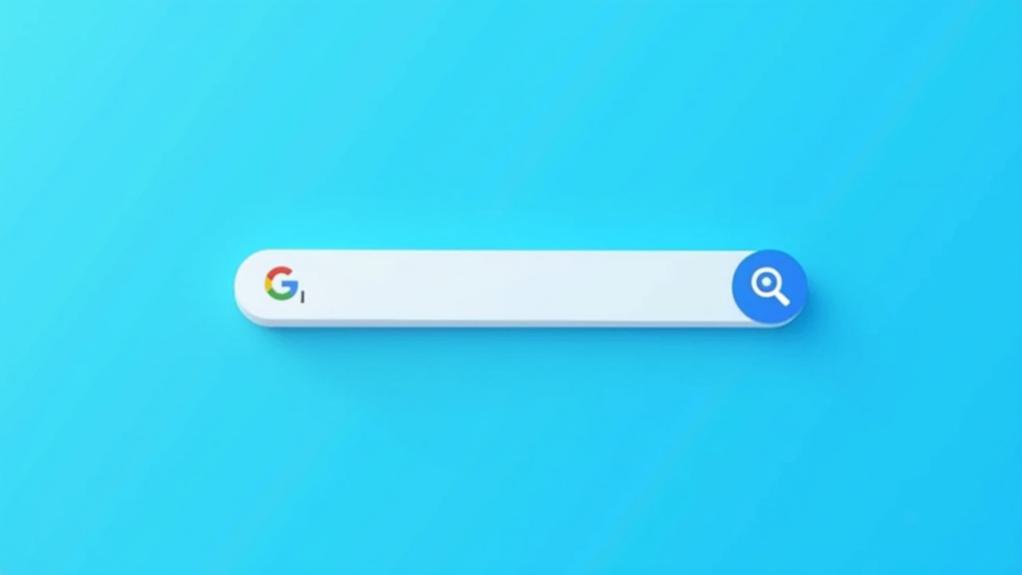OpenAI CEO Sam Altman’s shift away from Google Search represents a seismic change in how we find information. His embrace of ChatGPT, which has attracted 700 million weekly users, signals AI’s growing dominance in the search landscape. This move challenges Google’s two-decade reign over the $175 billion search market, as users increasingly prefer conversational AI over traditional keyword searches. The battle between AI and conventional search is just warming up.
In a striking shift that signals changing times in tech, OpenAI CEO Sam Altman has bid farewell to Google Search. The tech leader can’t even remember the last time he typed a query into the familiar search bar, having switched entirely to AI-driven alternatives, primarily ChatGPT. This personal choice carries weight, coming at a time when ChatGPT boasts 700 million weekly users and represents a broader transformation in how people seek information.
Think about it – Google has dominated search for two decades, building a $175 billion market around the simple act of typing keywords into a box. But that familiar routine is evolving as ChatGPT’s conversational approach gains ground. Users are finding it more natural to ask questions the way they’d ask a friend, rather than crafting the perfect string of search terms.
The timing is particularly interesting with OpenAI’s release of GPT-5, which Altman describes as a “major upgrade.” When the new model launched, it triggered such enthusiasm that API traffic doubled in just 48 hours. The performance issues led OpenAI to temporarily reinstate GPT-4. It’s like watching a torch being passed from traditional search to AI-driven discovery, though ironically, OpenAI still relies partly on Google Cloud to power its services. This shift mirrors innovations like Ola Electric’s MoveOS 6 which brings AI-driven voice assistance to everyday transportation.
Remember when “Google it” became a universal phrase? Now, many users, especially in tech circles, are more likely to turn to AI for answers. The change is so significant that ChatGPT has climbed the ranks to become one of the world’s most-visited websites. If current trends continue, Altman believes ChatGPT will surpass Instagram and Facebook in global web rankings.
OpenAI isn’t taking this success lightly. They’re planning trillion-dollar investments in data center infrastructure to keep up with demand. Meanwhile, Google maintains a careful balance, competing with OpenAI in AI products while supporting the broader ecosystem through cloud services.
It’s a complex dance between rivalry and cooperation that showcases how traditional tech giants are adapting to the AI revolution.







